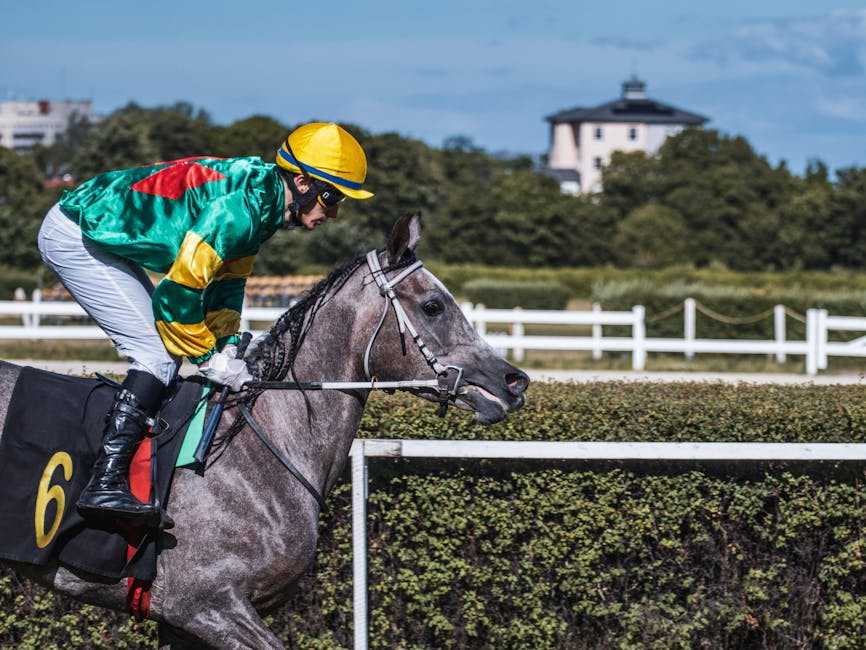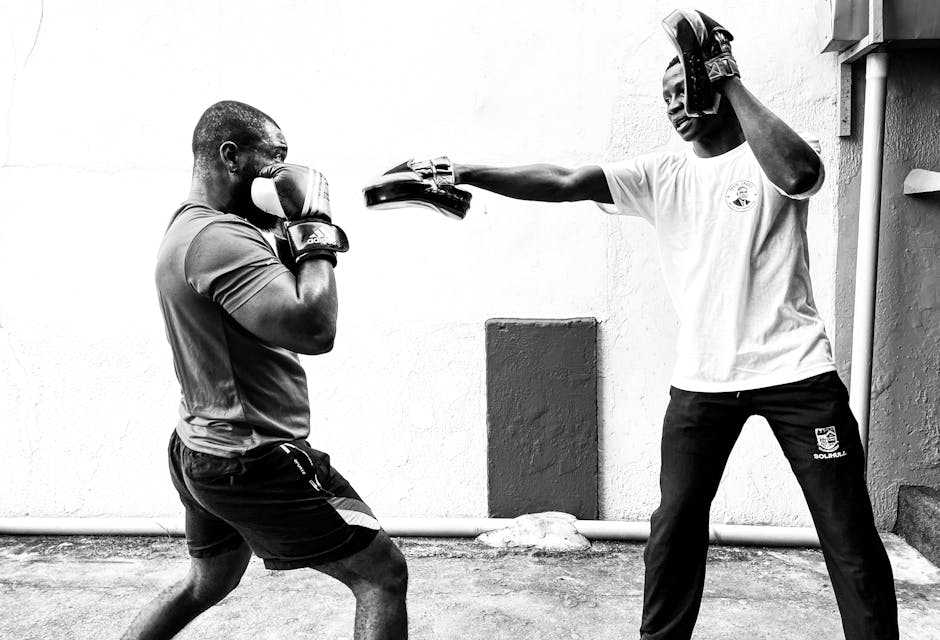Know the Game Before You Bet
Jumping into sports betting without understanding the sport is a fast track to failed picks and lost funds. True success in betting starts with deep, detailed knowledge—not just casual fandom.
Go Beyond the Basics
To gain an edge, you need more than just a general familiarity with the sport. Understand:
- Rules and scoring systems – Know how games are won, lost, and drawn
- Season and tournament structures – Understand playoff systems, qualification formats, and schedule implications
- Team dynamics and coaching strategies – Tactics, play styles, and coaching tendencies all affect outcomes
Know the Key Players
Identify athletes who consistently influence the game:
- Star players and their current form
- Key matchups and injury statuses
- Roster changes and team morale
Knowing who’s playing—and at what level—can shift the odds dramatically.
Avoid Blind Bets
One of the cardinal rules: never bet on sports you don’t follow closely. Surface-level knowledge isn’t enough when real money is involved. Skip bets on unfamiliar leagues, fringe matchups, or novelty events unless you’ve taken the time to truly understand them.
Betting without insight is guessing—not strategy. Success demands attention to detail, commitment to research, and respect for the game.
Bankroll Management Is Non-Negotiable
If there’s one rule you don’t break in sports betting, it’s this: protect your bankroll.
First, set a fixed budget for the week, month, or season—whatever fits your risk tolerance and lifestyle. This isn’t money for rent or groceries. It’s what you can afford to lose without blinking. Once that budget’s set, stick to it. No chasing losses. No trying to “get even.” That’s how bankrolls disappear.
Next, use unit-based wagering. Instead of throwing different amounts at every pick, bet a consistent fraction of your budget per game—usually 1-5%. This keeps your risk controlled and helps you survive bad streaks without blowing up your entire bankroll.
Finally, check your emotions at the sportsbook door. Betting angry, excited, or desperate leads to bad decisions. Treat your bets like trades—not reactions. Sports betting is a numbers game. Keep your head clear, your bankroll safe, and you’ll stay in it for the long haul.
Research Is Your Real Edge
Guesswork rarely pays off in sports betting. The sharpest bettors don’t get lucky—they get disciplined with data. Before placing a single bet, dig into the numbers: team stats, recent trends, injury reports, even weather forecasts. All of it matters. A star quarterback might be on the roster, but if he’s nursing a shoulder injury or playing in 30 mph winds, that changes everything.
Trends help, but context is king. A team riding a win streak might look strong, but check who they’ve faced. Wins against weak opponents? Tread carefully. Injuries don’t just impact stars—they reshape entire game plans. And weather affects totals more than people realize. Snow and heavy rain tend to slow games and limit scoring, especially in outdoor venues.
Then there’s line movement. When odds shift, something’s happening behind the curtain. Maybe a key injury gets leaked. Maybe sharp money is piling in one direction. Instead of following the crowd, ask what sparked the change. Sudden movement without public news? That’s pro bettors making a move. Learn to read those signs instead of reacting to headlines.
Bottom line: trust the data, not the hype. Sports talk shows and slick social media picks aren’t strategy. The edge goes to those with the patience to dig beneath the surface.
Discipline Over Emotion
Successful sports betting takes more than just knowing the game—it requires the ability to make level-headed decisions and stick to a plan. Emotional betting decisions, especially those based on loyalty or instinct, can lead to inconsistent losses.
Avoid Bias Toward Your Favorite Team
It’s tempting to place bets on the teams you love. However, personal bias often clouds judgment:
- You may overlook critical flaws in your team’s performance.
- Optimism can override objective analysis.
- Emotional losses feel heavier and may lead to poor recovery choices.
Tip: Treat every team objectively as part of your strategy, not your identity.
Why Gut Instincts Fall Short
Going with your gut might feel right, but when your money’s on the line, your gut isn’t enough:
- Intuition is often based on incomplete information.
- Emotional reactions ignore important data like matchups, injuries, or team form.
- Over time, gut-based decisions tend to produce inconsistent results.
Build a System—and Stick to It
A disciplined, repeatable system is what separates serious bettors from casual ones:
- Define specific criteria for placing a bet (e.g., injury reports, trend analysis, odds thresholds).
- Track your system’s performance over time.
- Resist the urge to stray during winning or losing streaks.
Consistency is your edge. Betting success comes from removing emotion, using data, and following a well-defined strategy that limits risk and reinforces smart decisions.
Value Betting—Not Just Winners, But Value
Most casual bettors chase winners. Sharp bettors chase value.
Finding value in sports betting doesn’t mean picking the team you think will win. It means spotting where the odds underestimate the true probability of an outcome. If a sportsbook gives a bet +200 odds (implied probability of 33.3%), but your research suggests the real chance is closer to 45%, you’ve found value—even if that bet doesn’t hit every time. Long-term, value is what actually beats the house.
Public opinion? It’s noisy. Sharp bettors know that odds often shift not because of insider knowledge, but because the crowd piles on. More bets on one side can move lines, even if the fundamentals haven’t changed. Chasing public sentiment is like buying high in the stock market—bad idea. The real edge lies in going where the market’s mispriced the risk.
Odds and implied probability are two sides of the same coin. When you see +150, that’s telling you the implied chance of that outcome is about 40%. If your analysis says it’s more like 55%, then the odds are in your favor, mathematically speaking. The best bettors don’t try to always be right—they look to be profitable, and that starts with finding value.
Shop for the Best Line
Not all sportsbooks are created equal. Each has different odds because they don’t all react the same way to market movement, sharp action, or public betting trends. Some books tilt their lines to protect against liability. Others just lag behind the action. That means the exact same bet—for example, Giants -2.5—might show up as -3 or even -3.5 somewhere else. That small difference? It matters.
This is where line shopping comes in. Using multiple platforms lets you pinpoint the best possible odds for your bet. Over time, grabbing an extra half-point here or better juice there adds up. It’s not about being flashy—it’s about finding the edge that most people overlook.
The half-point especially is no joke. Anyone who’s lost a bet by 0.5 knows the sting. The difference between -2.5 and -3 might be the difference between cashing out and cursing your screen. Smart bettors never take the first number they see. They compare, calculate, and commit only when they’ve found the value sweet spot.
Leverage Live Betting (Smartly)
In-game betting—or live betting—can be your edge if you know what to look for. The key is watching the game with a sharp eye and a calm head. Odds shift fast and markets react to everything: a big dunk, a sudden turnover, a touchdown. The trick? Don’t get caught chasing highlights.
Momentum and pacing tell more than any single play. Is a team playing more aggressive after halftime? Is a point guard slowing tempo to kill momentum? Those shifts usually show up before they hit the scoreboard—and before the line adjusts. That’s your opening.
Smart bettors don’t bet on every flashy move. They track patterns. Fatigue setting in? A key player limping? Defense falling out of sync? These are breadcrumbs that lead to value. Live betting isn’t about reacting harder. It’s about reacting smarter—and just a beat faster than the book.
Skip the chaos. Watch the rhythm. When you see the pattern before the odds do, that’s how live betting starts paying off.
Learn From the Casino Floor
Bonus Insight: Strategy Beyond the Sportsbook
Looking to tighten your betting skills? Sometimes the best strategies come from unexpected places. Casino games like roulette can teach valuable lessons in risk management and psychological discipline—two pillars of long-term sports betting success.
- Check out this resource: Roulette Techniques to Boost Your Chances of Winning
What Roulette Teaches Smart Sports Bettors
While roulette is a game of fixed odds, the mindset it encourages—structure, discipline, and selective risk-taking—applies directly to sports betting. Here’s how:
- Know the odds: Just like in roulette, every wager in sports betting carries a price, and understanding implied probability is key.
- Avoid chasing: Emotional decisions usually lead to losses. In both arenas, calculated moves beat hot streak instincts.
- Manage variance: Betting isn’t about winning every time—it’s about managing risk over the long haul.
- Track outcomes: Roulette players who track patterns and strategies treat the game like a science. Good sports bettors do the same.
Why It Matters
The connection between casino discipline and sports betting isn’t about copying play styles—it’s about applying consistent thinking frameworks. The math, the patience, and the strategies behind successful roulette play can refine how you approach your next wager and improve your overall betting mindset.
Final Thoughts: No Magic Formula
Here’s the truth: sharp bettors aren’t lucky—they’re consistent. They don’t chase every game or ride hot streaks until they burn out. They show up with a plan, they stick to it, and they know the edge is earned, not given. It’s not glamorous, but it works.
The real gains come from zooming out. Betting with patience means accepting the long game, even when a loss stings. The wins will come, but only if you learn to ride the waves without losing your head.
You have to keep evolving, too. Markets shift. Odds get sharper. Trends fade. The bettors who stay in the game are the ones who keep adjusting. They cut noise, fine-tune their systems, and never assume they’ve figured it all out. Because this isn’t luck—it’s craft.


 Nealsuner Williams contributes to GambleFitnessSplash with articles that dive into fitness, gaming, and modern tech. With a passion for exploring how innovation impacts daily routines, Nealsuner helps readers discover smarter ways to integrate wellness and responsible play.
Nealsuner Williams contributes to GambleFitnessSplash with articles that dive into fitness, gaming, and modern tech. With a passion for exploring how innovation impacts daily routines, Nealsuner helps readers discover smarter ways to integrate wellness and responsible play.

